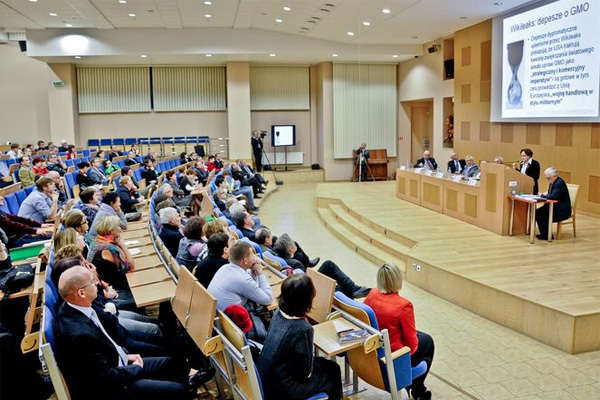
As AVİM noted in a commentary published a month ago, the latest Workshop on Armenian Turkish Scholarship (WATS) is scheduled to be held between the dates 15-18 September, 2017 in Germany.[1] The hosts of the workshop are the European Academy Berlin and Lepsiushaus Potsdam. Among other supporters of the event are the University of Michigan, Sabancı University and the University of Southern California's Institute of Armenian Studies.
Ostentatiously described as a forum for Turkish and Armenian academics to share the findings of their research, WATS has adopted a highly partisan approach to the debates regarding the relocation of Ottoman Armenians in 1915. WATS has hitherto excluded scholars that refrain from analyzing events solely within genocide framework.
Upon the response of civil society, columnists and public opinion makers, it appears that Sabancı University has withdrawn its support for the workshop.[2] Similarly, other Turkish academics have also reportedly withdrawn from the workshop.[3]
In addition to this, the fact that WATS is being held in Germany cannot be analyzed independent of the current lull in diplomatic relations between Turkey and Germany. These concerns were further confirmed when the revised workshop program stated that the workshop would henceforth take place “under the auspices" of Dr. Martina Münch, Minister for Science, Research and Culture of the State of Brandenburg. Dr. Münch was also added to the revised program as a speaker.
The support granted by German political and civil society institutions to Armenian claims regarding the classification of the events of 1915 is not new. The support afforded to WATS by German politicians comes at a time when the issue of diplomatic relations with Turkey is occupying a prominent place in political discourse in the run up to the national election in Germany. It should also be noted that the German parliament adopted a non-binding resolution which categorized the 1915 events as genocide in 2016. In addition to this, German civil society organizations are prominent sponsors of conferences supporting the Armenian claims of genocide, including conferences held inside the borders of Turkey.
These actions serve not only as a diplomatic tool to gain leverage over Turkey, but also deflect attention from Germany’s own checkered history. In recent times Poland has called for Germany to pay reparations for the suffering of the Polish people during World War Two.[4] The descendants of the survivors of the massacres perpetrated by Germany in Namibia have also unsuccessfully struggled for similar recognition.[5]
If relations between Turkey and Germany are to normalize, the actions of German policy makers and civil society must be placed under greater scrutiny. Instead of working to gain leverage over Turkey and deflecting from its own troubled past by supporting Armenian claims of genocide, Germany should instead work to develop a more constructive, and ultimately more fruitful, diplomatic relationship with Turkey.
[1] “WORKSHOP ON ARMENIAN TURKISH SCHOLARSHIP: POLITICS AND GRATUITY AT WORK AGAIN,” Center For Eurasian Studies (AVİM), August 10, 2017, accessed September 8, 2017, http://avim.org.tr/en/Yorum/WORKSHOP-ON-ARMENIAN-TURKISH-SCHOLARSHIP-POLITICS-AND-GRATUITY-AT-WORK-AGAIN.
[2] Columnist Türker Ertürk first brought the issue to public attention with his column published on the OdaTV website, see Türker Ertürk "Sabancı Üniversitesi neye destek verdiğinin farkında mı," OdaTV, September 3, 2017, accessed September 8, 2017 http://www.odatv.com/yazar/turker-erturk/sabanci-universitesi-destek-verdigi-ihanetin-farkinda-mi-0309171200.html This was followed by a call made by Patriotic Party leader Doğu Perinçek for Sabancı University to withdraw its support for the workshop as there was “no room for prejudice in science,” see "Doğu Perinçek: Sabancı Üniversitesi'ni bilime ve vatana sadâkate çağırıyoruz," Aydınlık, September 6, 2017, accessed September 8, 2017, https://www.aydinlik.com.tr/dogu-perincek-sabanci-universitesi-ni-bilime-ve-vatana-sadakate-cagiriyoruz-politika-eylul-2017-3.
[3] "'Yalan Çalıştayı'na akademisyen yok!," Aydınlık, September 8, 2017, accessed September 8, 2017, https://www.aydinlik.com.tr/yalan-calistayi-na-akademisyen-yok-turkiye-eylul-2017-1.
[4] Karen Gilchrist, "Why Poland is demanding World War II reparations from Germany," CNBC, August 3, 2017, accessed September 8, 2017, https://www.cnbc.com/2017/08/03/why-poland-is-demanding-wwii-reparations-from-germany.html.
[5] "Descendants of Namibia genocide victims seek reparations in New York," Guardian, March 16, 2017, accessed August 8, 2017, https://www.theguardian.com/world/2017/mar/16/namibia-genocide-reparations-case-germany-new-york.
© 2009-2025 Center for Eurasian Studies (AVİM) All Rights Reserved
No comments yet.
-
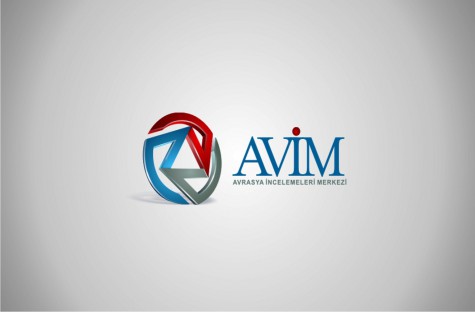 EXCERPTS FROM JEREMY SALT’S BOOK REVIEW TITLED “A LAWYER’S BLUNDERING FORAY INTO HISTORY” IN THE LATEST ISSUE OF THE REVIEW OF ARMENIAN STUDIES
EXCERPTS FROM JEREMY SALT’S BOOK REVIEW TITLED “A LAWYER’S BLUNDERING FORAY INTO HISTORY” IN THE LATEST ISSUE OF THE REVIEW OF ARMENIAN STUDIES
AVİM 15.04.2015 -
AVIM HELD A MEETING ENTITLED “A GENERAL LOOK AT ASIA AND TURKEY'S PRIORITIES”
AVİM 13.06.2013 -
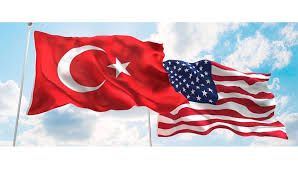 THE CLAIMS AGREEMENT BETWEEN TURKEY AND THE UNITED STATES OF AMERICA SIGNED AT ANKARA, 25 OCTOBER 1934 AND ITS LEGALLY BINDING IMPACT ON COMPENSATION CLAIMS OF US CITIZENS OF ARMENIAN DESCENT
THE CLAIMS AGREEMENT BETWEEN TURKEY AND THE UNITED STATES OF AMERICA SIGNED AT ANKARA, 25 OCTOBER 1934 AND ITS LEGALLY BINDING IMPACT ON COMPENSATION CLAIMS OF US CITIZENS OF ARMENIAN DESCENT
AVİM 14.01.2020 -
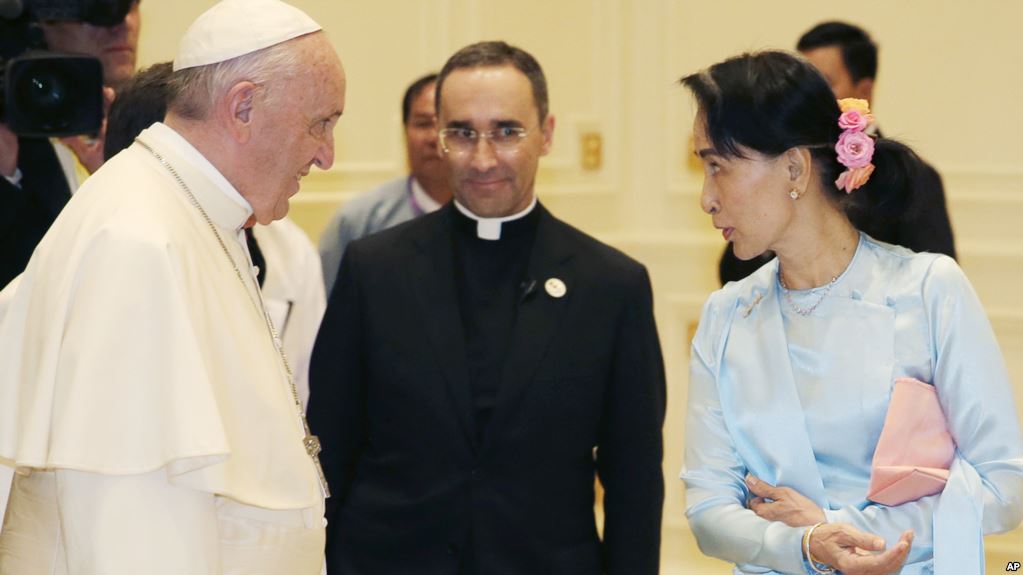 THE HUMANITARIAN APPROACH AND ACKNOWLEDGMENT OF THE IDENTITY OF THE ROHINGYA SHOULD NOT BE SEPARABLE
THE HUMANITARIAN APPROACH AND ACKNOWLEDGMENT OF THE IDENTITY OF THE ROHINGYA SHOULD NOT BE SEPARABLE
AVİM 06.12.2017 -
 POLITICALLY CHARGED ACTIONS BLANKET HISTORICAL EVENTS
POLITICALLY CHARGED ACTIONS BLANKET HISTORICAL EVENTS
AVİM 01.12.2017
-
THE BALKANS AND TURKEY
Alev KILIÇ 26.04.2013 -
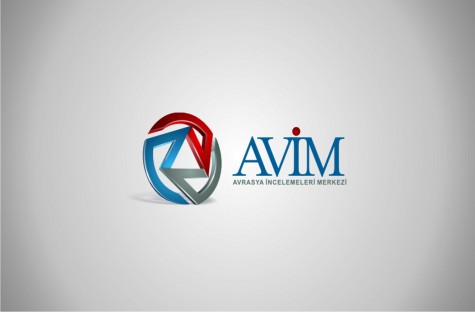 A RUSSIAN SOLDIER’S MULTIPLE KILLINGS IN ARMENIA
A RUSSIAN SOLDIER’S MULTIPLE KILLINGS IN ARMENIA
Turgut Kerem TUNCEL 19.01.2015 -
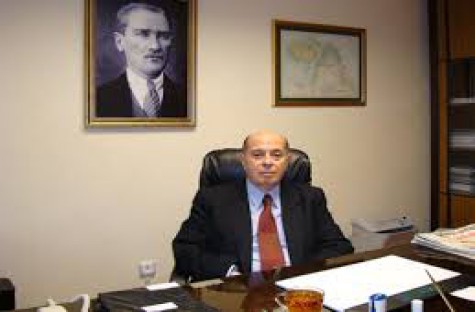 FRANCE AND THE ARMENIAN QUESTION
FRANCE AND THE ARMENIAN QUESTION
Ömer Engin LÜTEM 04.02.2014 -
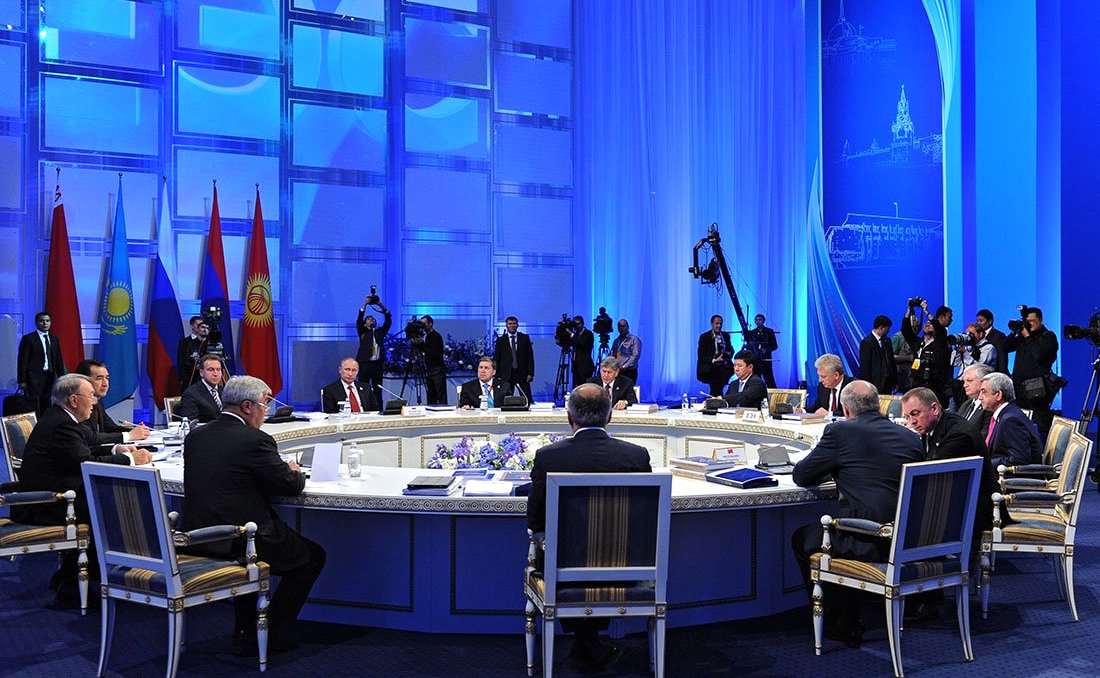 EURASIAN ECONOMIC UNION AND KYRGYZSTAN
EURASIAN ECONOMIC UNION AND KYRGYZSTAN
Özge Nur ÖĞÜTCÜ 10.01.2017 -
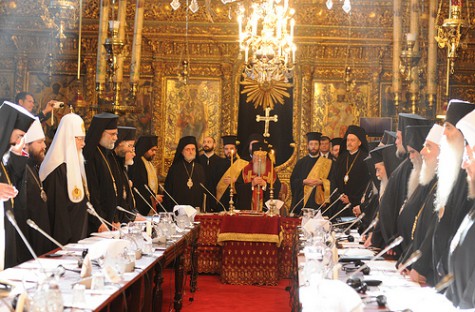 ORTHODOX COUNCIL TO MEET AFTER 1200 YEARS
ORTHODOX COUNCIL TO MEET AFTER 1200 YEARS
Mehmet Oğuzhan TULUN 09.04.2014
-
25.01.2016
THE ARMENIAN QUESTION - BASIC KNOWLEDGE AND DOCUMENTATION -
12.06.2024
THE TRUTH WILL OUT -
27.03.2023
RADİKAL ERMENİ UNSURLARCA GERÇEKLEŞTİRİLEN MEZALİMLER VE VANDALİZM -
17.03.2023
PATRIOTISM PERVERTED -
23.02.2023
MEN ARE LIKE THAT -
03.02.2023
BAKÜ-TİFLİS-CEYHAN BORU HATTININ YAŞANAN TARİHİ -
16.12.2022
INTERNATIONAL SCHOLARS ON THE EVENTS OF 1915 -
07.12.2022
FAKE PHOTOS AND THE ARMENIAN PROPAGANDA -
07.12.2022
ERMENİ PROPAGANDASI VE SAHTE RESİMLER -
01.01.2022
A Letter From Japan - Strategically Mum: The Silence of the Armenians -
01.01.2022
Japonya'dan Bir Mektup - Stratejik Suskunluk: Ermenilerin Sessizliği -
03.06.2020
Anastas Mikoyan: Confessions of an Armenian Bolshevik -
08.04.2020
Sovyet Sonrası Ukrayna’da Devlet, Toplum ve Siyaset - Değişen Dinamikler, Dönüşen Kimlikler -
12.06.2018
Ermeni Sorunuyla İlgili İngiliz Belgeleri (1912-1923) - British Documents on Armenian Question (1912-1923) -
02.12.2016
Turkish-Russian Academics: A Historical Study on the Caucasus -
01.07.2016
Gürcistan'daki Müslüman Topluluklar: Azınlık Hakları, Kimlik, Siyaset -
10.03.2016
Armenian Diaspora: Diaspora, State and the Imagination of the Republic of Armenia -
24.01.2016
ERMENİ SORUNU - TEMEL BİLGİ VE BELGELER (2. BASKI)
-
AVİM Conference Hall 24.01.2023
CONFERENCE TITLED “HUNGARY’S PERSPECTIVES ON THE TURKIC WORLD"









